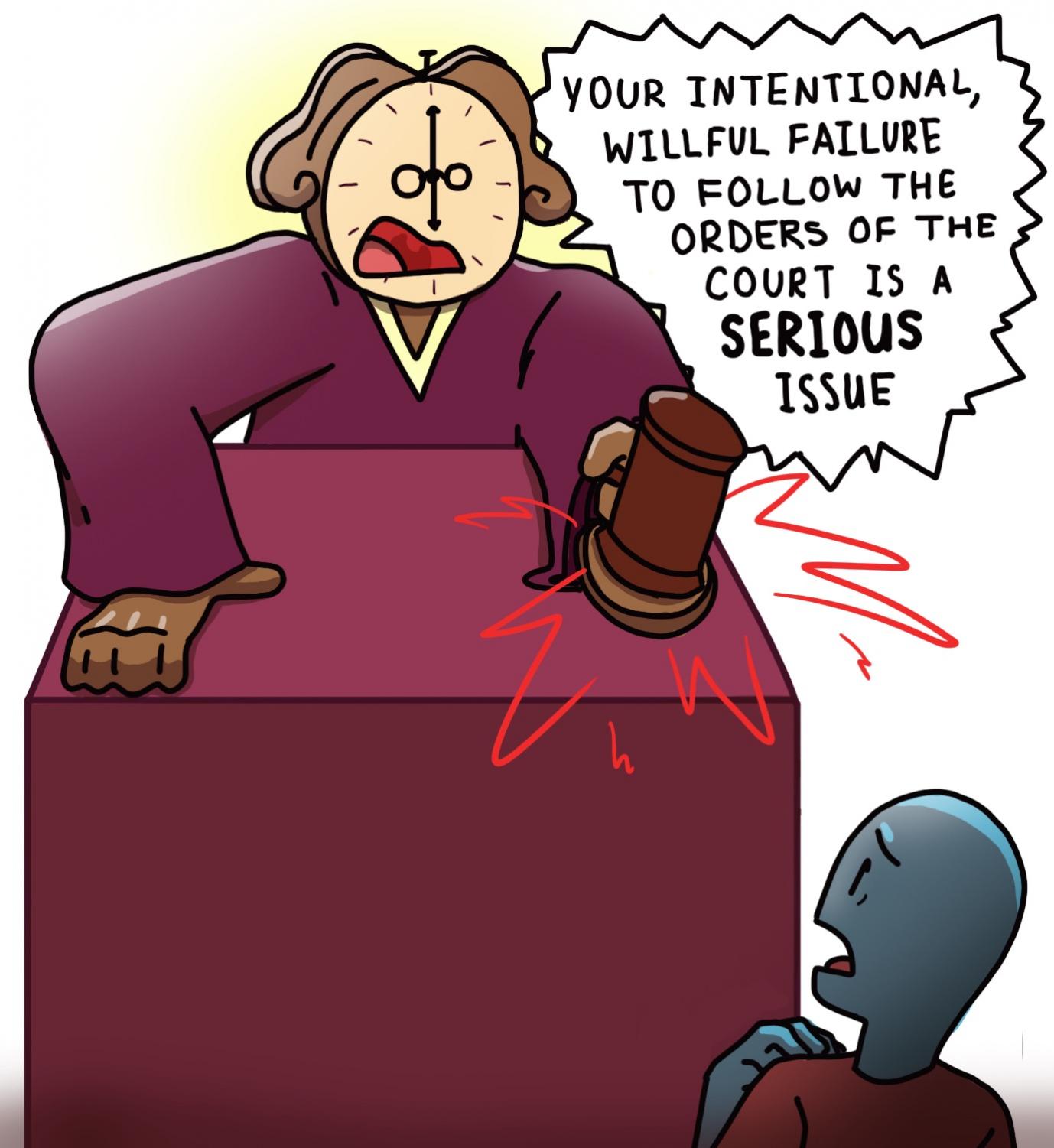EDITORIAL: Time to wake up and educate our youth about jury duty
October 12, 2019

Pressing the snooze button may be one of the few simple pleasures in the rat race of society. It is the one buffer between the warmth of sleep and the reality of morning routine. Now, imagine if pressing your snooze button landed you in jail.
In August, 21-year-old Deandre Somerville, of West Palm Beach, Florida, was selected to be on a civil jury. However, on what became his own day of judgment, Somerville accidentally overslept and missed the trial to which he was assigned as a juror.
To address this mishap, he was summoned for a Sept. 20 court hearing where he was instructed by his grandfather to “go in and be honest.”
Fessing up to his actions, Somerville told Judge John Kastrenakis the truth about his absence from court that day. Kastrenakis responded by sentencing him to 10 days in jail, 150 hours of community service, one year of probation, a 100 word minimum written apology and $233 in fees, according to court records.
After his sentencing, Somerville served his 10-day sentence in jail only to come out on the other side and appeal the rest of his sentence. His one year of probation was reduced to only three months and the 150 hours of community service were reduced to 30 hours. Part of this community service will require him to come to the jury office once a week to promote the importance of jury duty, as reported Oct. 4 by CNN.
Nevertheless, Somerville accepted the front-end of his punishment and found it to be traumatic. As this story weaves its way out of the headlines, there is still the injustice that remains: Young people, like Somerville, have little to no education about the reality of the criminal justice system and how it works—especially when it imposes itself on the innocent.
Another inadequacy of the justice system is brought into the light at the unfortunate expense of a young man who doesn’t understand how it works. One might wonder, do most 21-year-olds know the extent of the punishment they face if they miss jury duty, or for going toe-to-toe with the law in any scenario?
Maybe they should, but it is not as though the practicalities of jury duty—or most legal proceedings for that matter—are at the top of their web browsing history. If we want young adults in America to know the impact their actions have in society, then the education needs to be there.
Schools can post signs in hallways advocating for this education; social media platforms can do what they were intended to do and spread information to people who may not have access to it traditionally. Let’s make the time to educate our young people about the duty of every American citizen.







